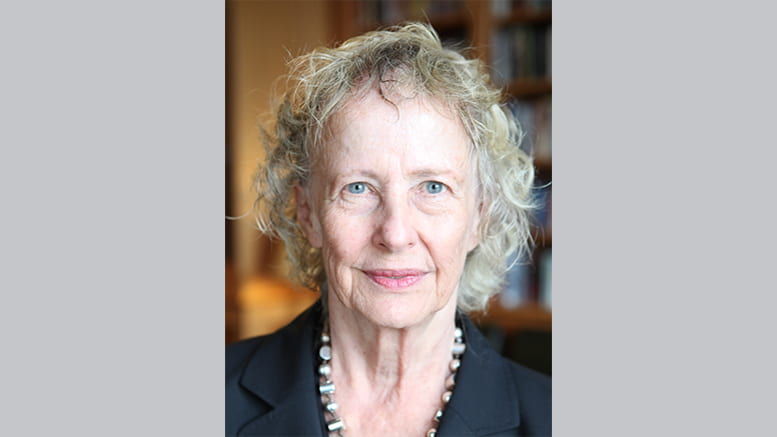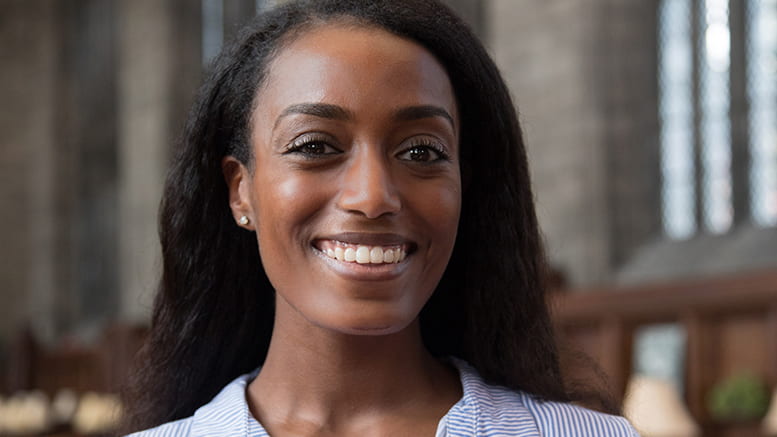Emerita Professor Alice H. Eagly elected to the National Academy of Sciences
May 9, 2022

Professor Alice H. Eagly was elected to the National Academy of Sciences. Eagly is the James Padilla Chair of Arts and Sciences Emerita and emerita professor of psychology at Northwestern, and a fellow in the Institute for Policy Research.
A social psychologist, Eagly has published widely on the psychology of gender and attitudes. Her research interests include attitude change and structure, women and leadership, the content of stereotypes, feminism and psychology, science and advocacy, and the psychological differences between women and men. She is the author of numerous articles and books, including Sex Differences in Social Behavior: A Social Role Interpretation, The Psychology of Attitudes with co-author Shelly Chaiken and Through the Labyrinth: The Truth About How Women Become Leaders with co-author Linda L. Carli.
Throughout her career, Eagly has received many awards, including the Distinguished Scientific Contribution Award from the American Psychological Association, the Gold Medal for Life Achievement in the Science of Social Psychology from the American Psychological Foundation, the Raymond A. Katzell Award from the Society for Industrial and Organization Psychology and the 2011 Berlin Prize from the American Academy in Berlin. She also is a member of the American Academy of Arts and Sciences.
Brain & Mind

Sugar-Coated Nanotherapy Dramatically Improves Neuron Survival in Alzheimer’s Model
May 14, 2025
Scientists at Northwestern University have developed a new approach that directly combats the progression of neurodegenerative diseases like Alzheimer’s disease and amyotrophic lateral sclerosis (ALS). In these devastating illnesses, proteins misfold and clump together around…

First Synthetic ‘Mini Prion’ Shows How Protein Misfolding Multiplies
April 28, 2025
Scientists at Northwestern University and University of California, Santa Barbara have created the first synthetic fragment of tau protein that acts like a prion. The “mini prion” folds and stacks into strands (or fibrils) of…

By 15 Months, Infants Begin to Learn New Words for Objects — Even If They’ve Never Seen Them
April 23, 2025
Human language allows us to learn new words for things we’ve never witnessed directly. We do this seamlessly, for example, in conversations, using clues from the overall context to infer a new word’s meaning. But…

Almaz Mesghina receives Daniel I. Linzer Award
February 13, 2025
The content and structure of her psychology classes promote belonging among all students Almaz Mesghina has received the 2025 Daniel I. Linzer Award for Faculty Excellence in Diversity and Equity. Mesghina will be honored at a…



